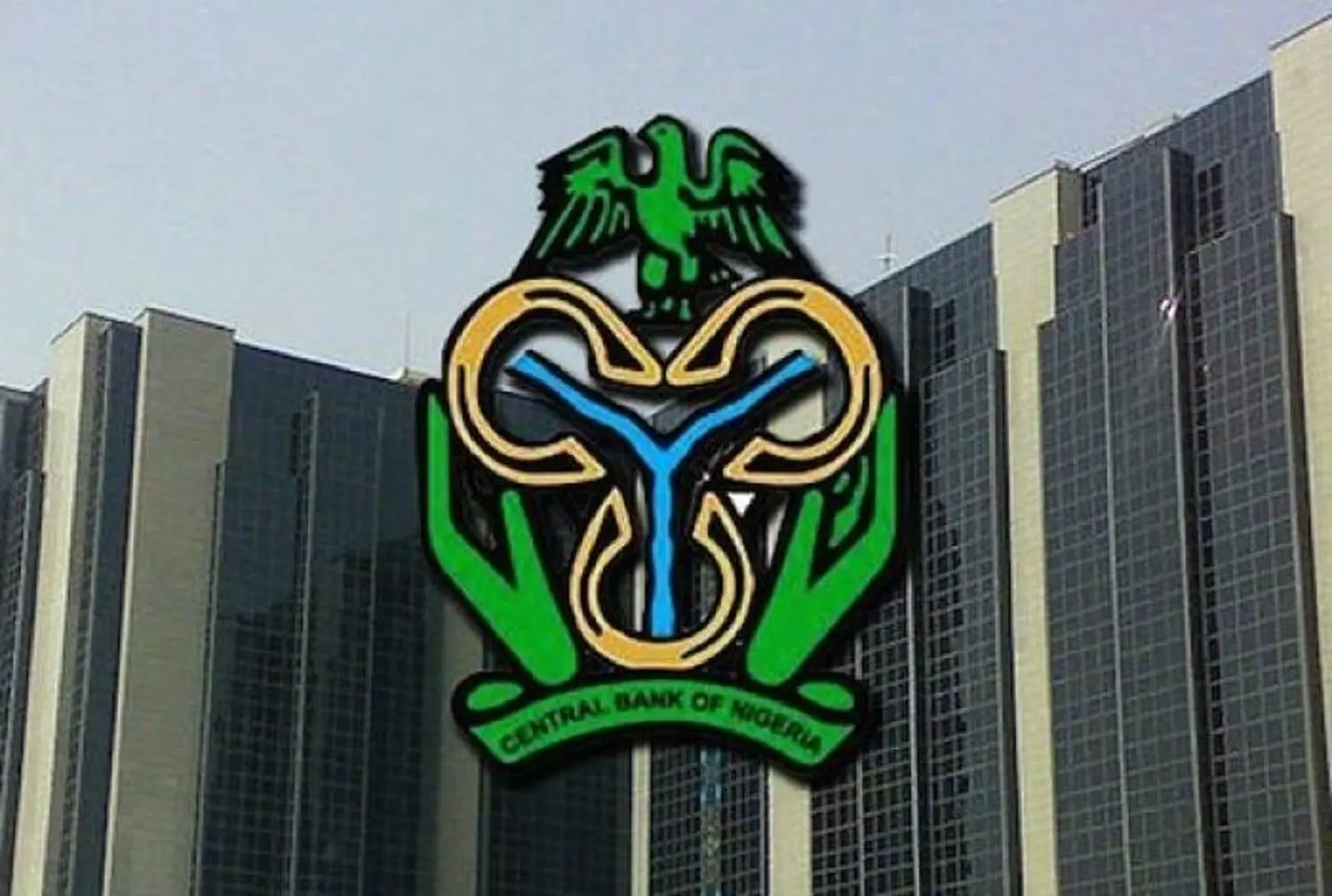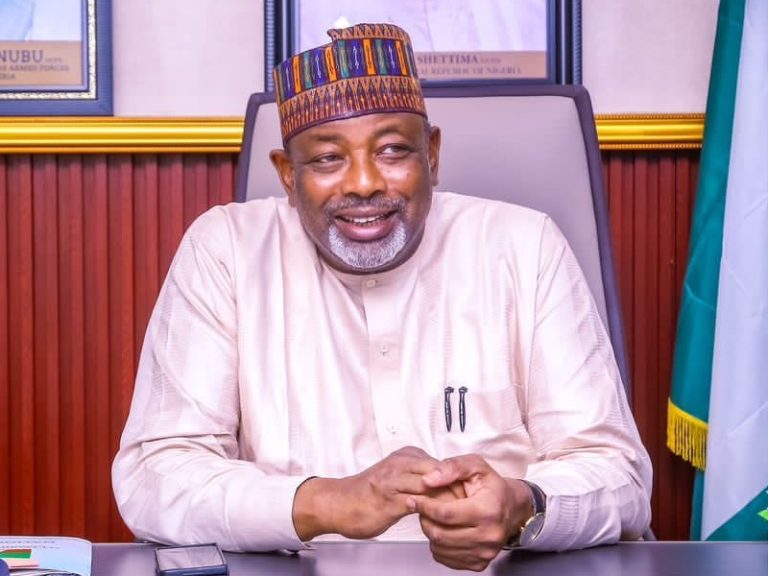
Nigeria’s Net Domestic Credit (NDC) dropped by 12.8 percent year-on-year (YoY) to ₦98.97 trillion in August 2025, according to the Central Bank of Nigeria’s (CBN) latest Money and Credit Statistics Report.
The NDC represents the total value of bank credit to both the public and private sectors, and its decline, according to analysts, reflects the impact of monetary policy easing amid a gradual slowdown in inflation.
In August 2025, bank credit to the government stood at ₦23.13 trillion, while credit to the private sector amounted to ₦75.84 trillion, bringing the total to ₦98.97 trillion.
In the same period of 2024, credit to government was ₦39.39 trillion, and credit to the private sector was ₦74.07 trillion, bringing total NDC to ₦113.46 trillion, indicating a substantial drop over the one-year period.
On a monthly trend for 2025, the report showed that NDC stood at ₦102.41 trillion in January, rising slightly by 0.9 percent to ₦103.37 trillion in February, before plunging by 34 percent to ₦68.18 trillion in March.
In the second quarter of 2025, the NDC rebounded, increasing by 49.6 percent to ₦102.00 trillion in April. It then dipped by 1.03 percent to ₦100.96 trillion in May, and further declined by 3.13 percent to ₦97.79 trillion in June. Although no data was available for July, August saw a modest recovery of 1.2 percent.
Reacting to the development, Chief Executive Officer of the Centre for the Promotion of Private Enterprise (CPPE), Muda Yusuf, commended the CBN’s Monetary Policy Committee (MPC) for its recent decision to reduce the Monetary Policy Rate (MPR), describing it as a “welcome and timely intervention.”
According to him, “The lower MPR, combined with a reduced Cash Reserve Ratio (CRR), should expand banks’ capacity to create credit and ease lending rates. This will support business expansion, stimulate output growth, and create jobs.”
However, Yusuf cautioned that monetary easing alone is not enough to sustain economic stability.
“Fiscal authorities must prioritise infrastructure to reduce production costs, strengthen the regulatory framework, and sustain fiscal consolidation to ensure macroeconomic stability and investor confidence,” he said.


